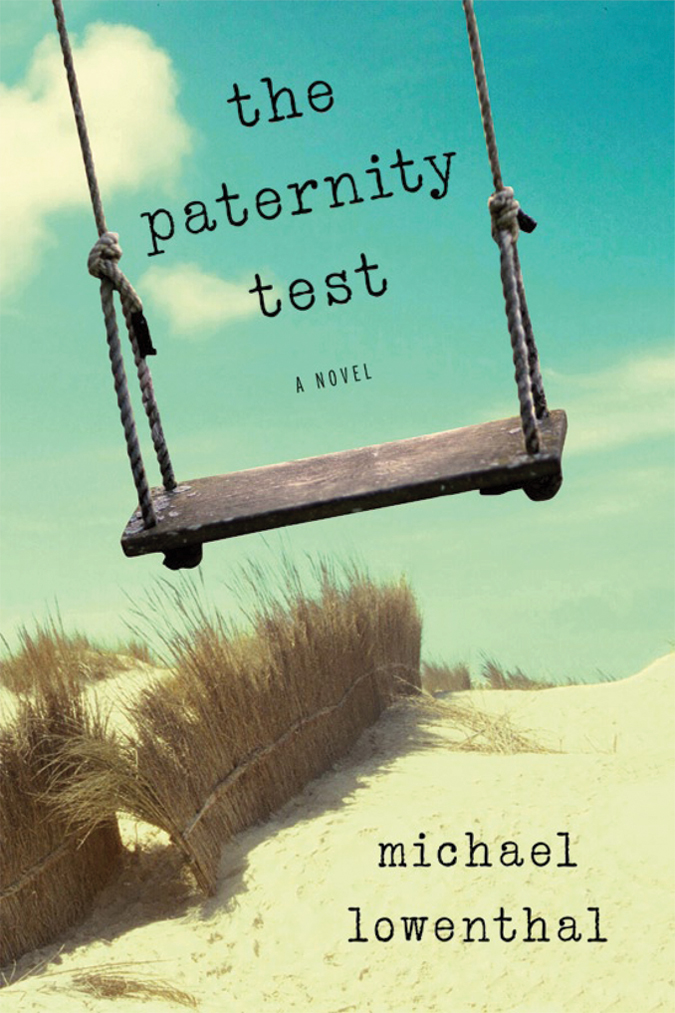Feminism In An Old-school Marriage Manual
Bless her heart. That’s what people say in my southern neck of the woods to be half genuine, half patronizing. And that’s exactly what I want to say about Blanche Ebbutt, author of Don’ts for Husbands and Don’ts for Wives, pocket-sized self-help books originally published in England in 1913.
It was the year before everything changed. Even as the First World War loomed, women were already fighting their own war—for the right to vote. Meanwhile, if you were a woman of the upper class, to whom Ebbutt’s books are directed, you married, kept the home and watched your man leave for work. You’d likely find yourself pregnant rather quickly.
In her preface to the Wives book, Ebbutt writes: “It takes a perfect artist to remain married—married in the perfect sense of the term; but most of us have to be content to muddle through.” And to the husbands: “You are neither as bad nor as good a fellow as you might imagine yourself to be. No doubt you know a good deal about women, but (if you are in the early years of your married life) not nearly as much as you will in another decade.”
Ninety-six years after A&C Black first published the manuals, Bloomsbury (who acquired A&C Black in 2000) republished them.
Their 21st-century value was, simply, entertainment. The company suggested they could be used as stocking stuffers, or for a laugh in a rehearsal dinner toast. The books cover a wide range of topics, from general habits to “personal relations” to food and dress, so once they hit the market, bloggers and the media had a heyday. And Ebbutt’s quips and the outdated language of her time, as well as the references to a lifestyle that included servants, can certainly make for an entertaining read.
For husbands:
Don’t interfere with your wife’s household management. Nothing upsets servants more than interference in matters of detail from the master of the house.
Don’t forget to buy your wife a pair of gloves occasionally. She will always be pleased to have them.
Don’t spend night after night at your club, leaving your wife alone to count the hours until your return.
For wives:
Don’t give your husband burnt porridge. It is not enough to supply a double saucepan; you must see that it is regularly used.
Don’t forget if he is “nervy” to watch if the tea habit is getting too strong in him. Nerves are often due to too much tea as to too much worry.
Don’t manage your husband too visibly. Of course, he may require the most careful management, but you don’t want your friends to think of him as a hen-pecked husband. Above all, never let him think you manage him.
I can’t help but admire Mrs. Ebbutt’s earnestness—even as I wince at some of her instructions. But I also find her more than just amusing; I think she intentionally slipped in a few “feminist” ideas, in both the books. (A feminist, lest you be distracted by volumes of social commentary, is someone who does not believe women are essentially inferior to or subject to men. And deep down, I don’t think Ebbutt does.)
A good example: at the manuals’ original publishing, the women’s suffrage movement was heating up in the U.K. A more militant group, the Women’s Social and Political Union, was involved in breaking windows, bombing public buildings and burning homes, churches and businesses. There were prison hunger strikes by incarcerated women, and a lot of mixed feelings from the general public.
And still, Ebbutt instructed husbands to not “hesitate to talk politics with your wife. Many men are satisfied to believe that ‘women don’t understand politics.’ Why don’t they? Because they never have a chance to crystallize their beliefs by thrashing out issues of public interest in argument with men who have studied them. Encourage your wife to read and talk of political matters. Never mind if she sees things quite differently from you; let her form her own views and express them.”
And then to wives: “Don’t profess to care nothing about politics. Any man who is worth his salt does care, and many men learn to despise women as a whole because their wives take such an unintelligent attitude.” Also: “Don’t let your husband feel that you are a ‘dear little woman,’ but no good intellectually. If you find yourself getting stale, wake up your brain. Let their be nothing your husband can talk to you about that you will be unable to understand.”
Ebbutt’s ideas are thoughtful, even if they’re constrained by the time period of her writing. And regardless of what they reveal to us about one social class at a certain point in history, there is still wisdom to glean. My man, for instance, could probably benefit from a few of her instructions to wives. Like: “Don’t be afraid of cold meat. A few cookery lessons, or even a good cookery book, with the use of a little intelligence, will make you mistress of delicious ways of serving up ‘left-overs.’”
Unlike Ebbutt, though, I’m free to suggest that he’d benefit from the same advice. Bless her heart.

